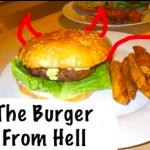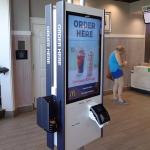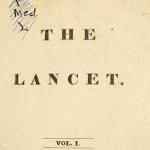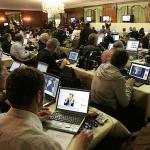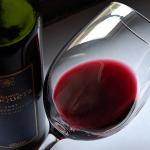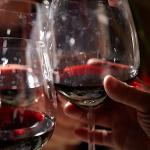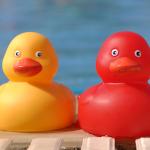The Facebook page "I Fu**ing Love Science" became an internet sensation a few years ago, largely because it had nice graphics, engaging headlines, and liberal use of the F word.
sensationalism
McClatchy, a prominent U.S. newspaper chain more than 160 years old, has filed for bankruptcy.
“An extra burger meal a day eats the brain away," is the sort of arresting headline you’d expect from a tabloid, but it actually comes directly from a recent
A story that has gone viral (again) claims that McDonald's touchscreen menus are covered in poop. Is it true?
The Lancet is a highly respected biomedical journal that rightly carries a lot of clout in the scientific community. That's what makes its recent turn toward sensationalism and clickbait so incredibly odd.
Though we've been debunking junk science for more than 40 years, we never cease to be amazed by the amount of hype and exaggeration that continues to permeate the mainstream press.
A few weeks ago, the media ran wild with an outlandish claim that an extra glass of wine will take 30 minutes off of your life.
I've been a science writer and editor for nearly eight years. During this time, I've learned a few things.
Alcohol is bad again. Sometimes, epidemiologists tell us it's good, but today, they're telling us it's bad. What else is bad? The study that arrived at that conclusion.
I will never be out of a job because literally, every single day, something idiotic is trending either on Google or Twitter. Today, the trending term is "Rubber Duck."


